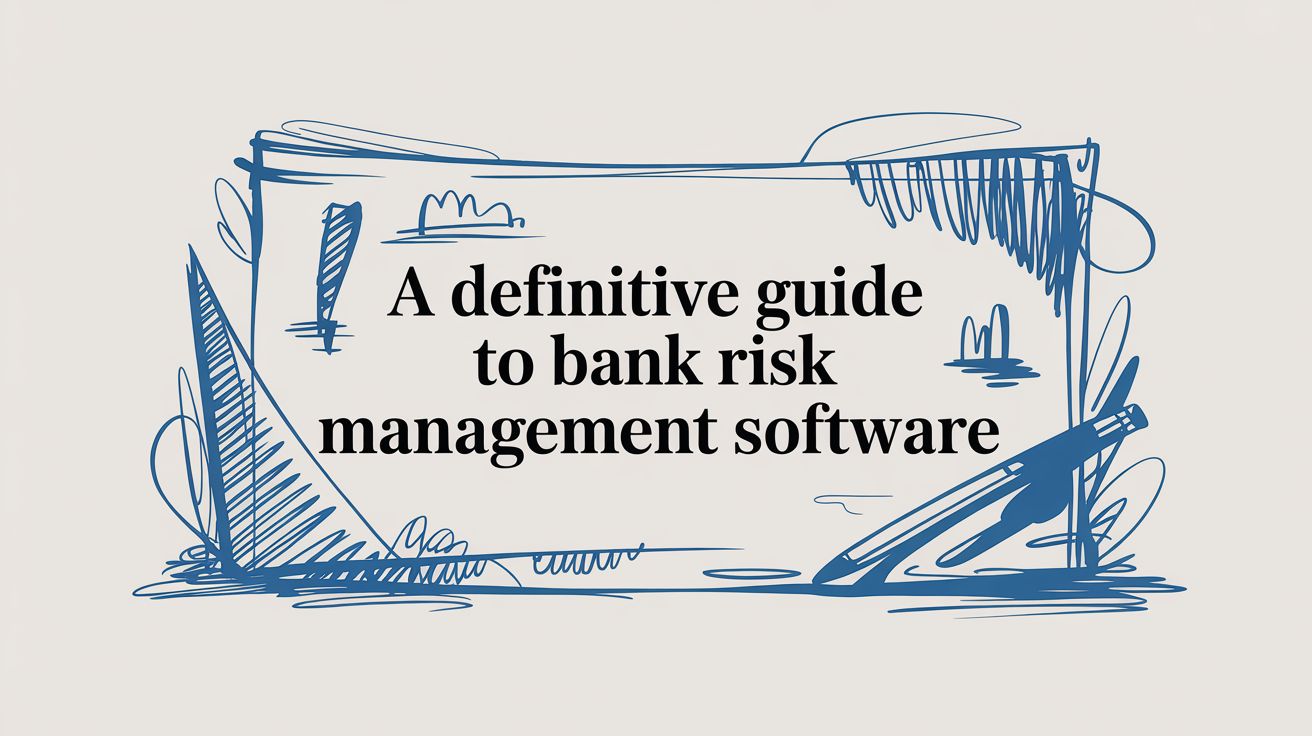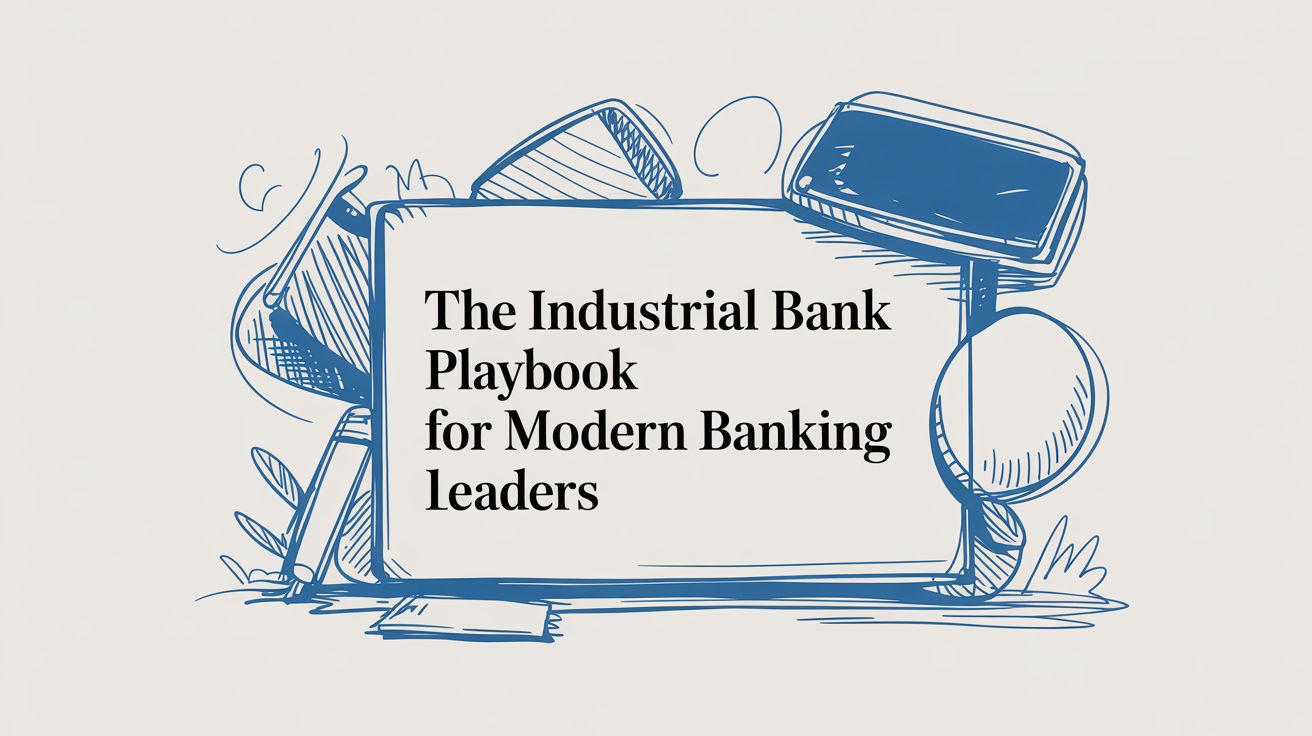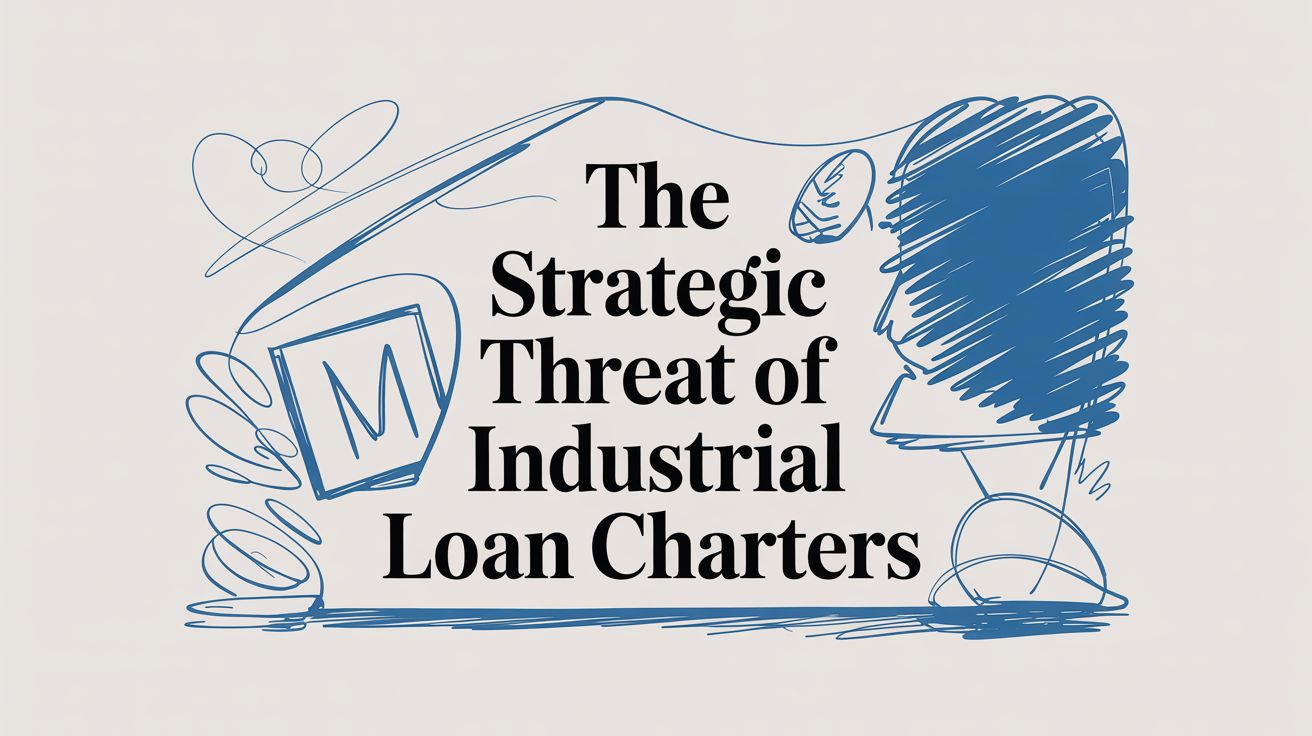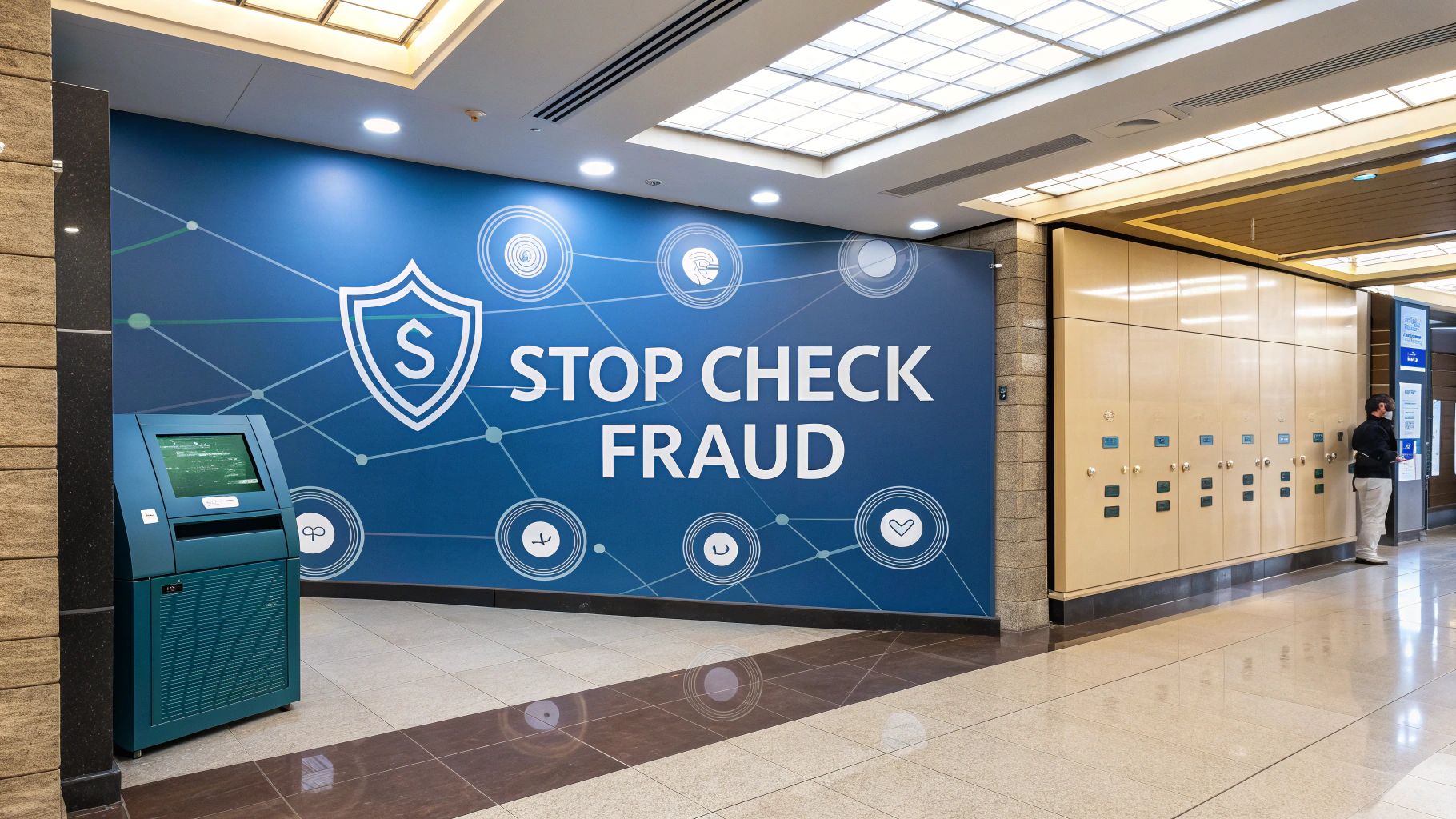
New York City is suing the Federal Deposit Insurance Corporation (FDIC) over $44 million in overdue taxes Signature Bank taxes. According to Bloomberg, the suit was filed in a Manhattan federal court on Monday. The suit targets the FDIC in its role as the failed bank’s designated receiver.
The overdue Signature Bank taxes
The lawsuit is the second attempt by the city to collect unpaid municipal taxes from the FDIC. Earlier this month, the city took action to collect more than $2 million in taxes owed by Silicon Valley Bank. The agency’s refusal to pay those back taxes prompted the first legal action.
The latest attempt to collect unpaid taxes from failed banks comes on the heels of an audit by New York City finance personnel. That audit reportedly discovered a range of tax “discrepancies” between 2015 and 2021. Those discrepancies involved alleged irregularities ranging from adjustments to capital income and reported investments to failures to report various income allocations.
According to the city, it was forced to take legal action when the failed bank’s receiver refused to address the back tax issue.
Ongoing controversies at the FDIC
Meanwhile, the FDIC continues to be the subject of intense scrutiny regarding its alleged toxic workplace culture. Months ago, the agency created a special committee to investigate allegations of harassment, discrimination, and other inappropriate conduct.
Capitol Hill lawmakers have taken a special interest in the alleged improprieties as well. In November 2023, the agency’s head was grilled in Senate Banking Committee hearings by senators who expressed outrage over the allegations.
FDIC Chairman Martin Gruenberg attempted to deflect criticism by suggesting that his agency had addressed previous inspector general criticisms of the FDIC’s workplace culture. However, he also acknowledged that those efforts had likely failed to change that culture.
The latest suit for overdue Signature Bank taxes is yet another problem for the embattled agency to deal with. It’s also another reminder that the full effects of the 2023 banking crisis have yet to be realized.
Related Articles:
Similar Articles

Brian's Banking Blog
Mastering Remote Deposit Capture: A Strategic Guide for Bank Executives

Brian's Banking Blog
A Boardroom Guide to Modern Anti-Money Laundering Solutions

Brian's Banking Blog
A Definitive Guide to Bank Risk Management Software

Brian's Banking Blog
The Executive's Guide to a Commercial Deposit Prospecting Tool

Brian's Banking Blog
The Industrial Bank: A Strategic Analysis for Banking Leaders

Brian's Banking Blog
The Strategic Threat of Industrial Loan Charters

Brian's Banking Blog
Bank Prospecting Software: A Guide to Driving Loans & Deposits with Data Intelligence

Brian's Banking Blog
A Strategic Executive's Guide to De Novo Banks

Brian's Banking Blog
Top Internal Audit Best Practices for Banking Leaders in 2025

Brian's Banking Blog